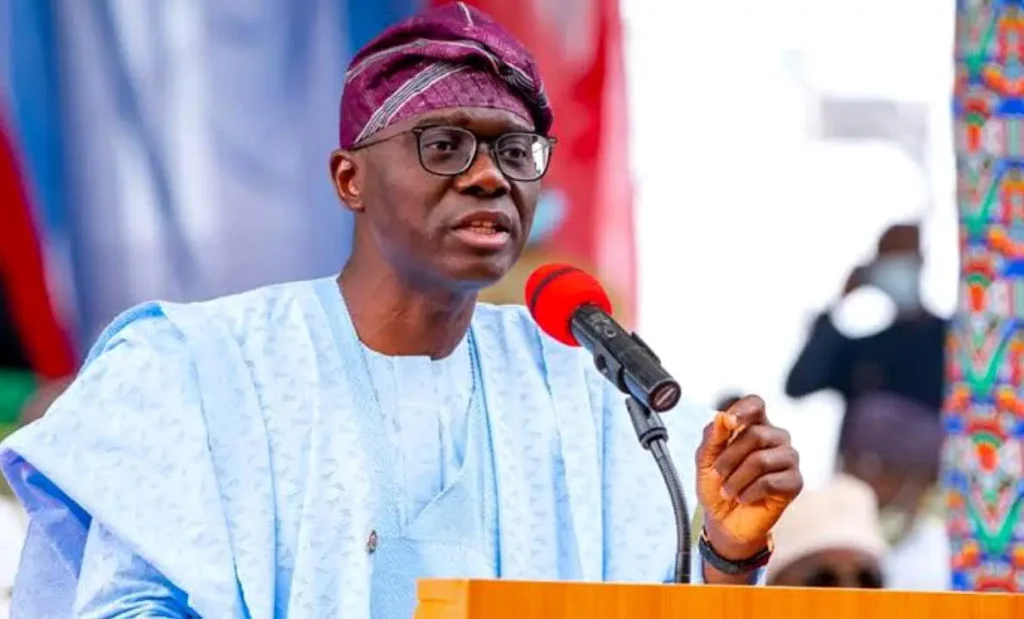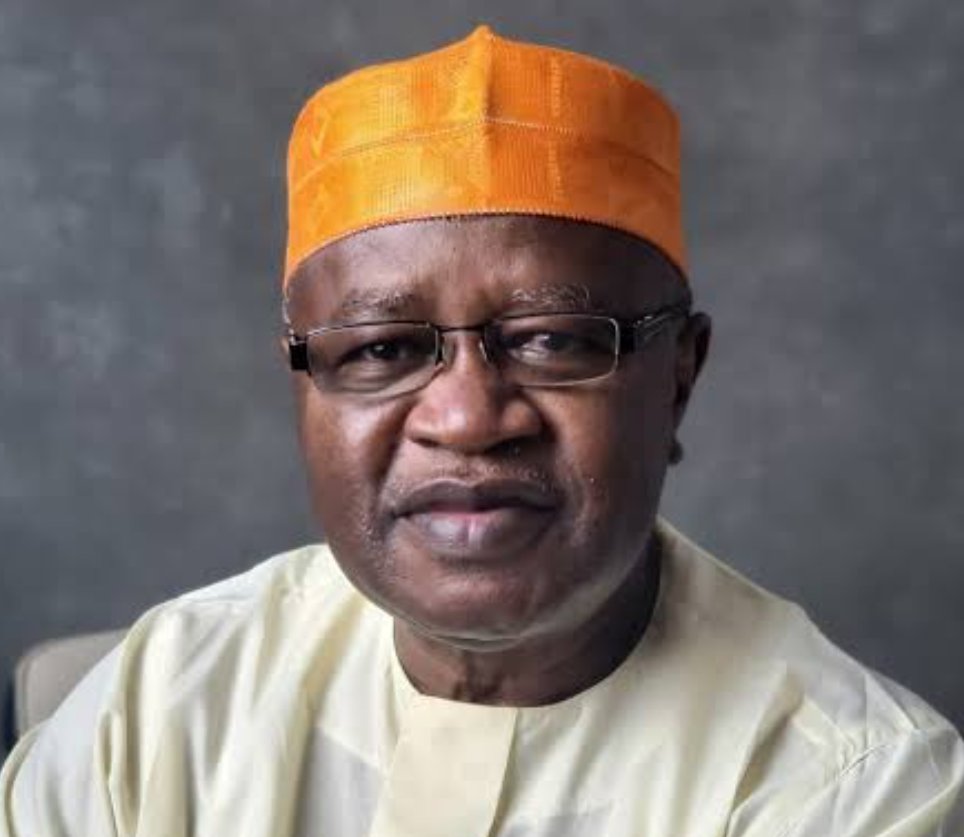The ongoing debate between the Nigerian Presidency and former Labour Party (LP) presidential candidate, Peter Obi, has brought to light divergent views on the state of the nation’s economy and government spending. While Obi criticized the economic policies of President Bola Ahmed Tinubu and questioned the government’s stance on the country’s financial status, the Presidency defended its position, attributing the current economic challenges to inherited problems.
In a series of tweets, Obi challenged the federal government to provide transparent disclosure of the financial status inherited from the previous administration, emphasizing the need for openness in governance. He highlighted the surge in the country’s debt profile during the tenure of the previous administration, coupled with the alleged decline in key development indices such as education, healthcare, poverty alleviation, and security.
Furthermore, Obi raised concerns about the government’s expenditure patterns, particularly scrutinizing the items in the recently approved supplementary budget. He advocated for a reduction in the cost of governance, emphasizing the prioritization of critical sectors such as security, healthcare, education, and youth employment over non-essential expenditure.
Responding on behalf of the Presidency, the National Security Adviser (NSA), Mallam Nuhu Ribadu, urged Nigerians to exercise patience, citing the tough circumstances inherited by the current administration. Ribadu expressed confidence in the government’s efforts to address security and socio-economic challenges, calling for collective cooperation to overcome the prevailing issues.
Speaking at the 19th Annual Nigerian Editors Conference with the theme ‘Stimulating Economic Growth, Technological Advancement: Role of the Media’, Ribadu highlighted notable improvements in the country’s security landscape and emphasized the need for unified action to surmount the challenges.
He also underscored positive developments in the Niger Delta region, citing increased crude oil production and a significant reduction in security incidents. Similarly, Ribadu acknowledged the improved security situation in the South East, attributing the positive shift to the effective leadership of the present administration.
In conclusion, the divergent views of the Presidency and Peter Obi underscore the significance of transparent governance and prudent financial management in addressing Nigeria’s economic challenges. The call for patience and collaborative efforts resonates with the need for national unity in overcoming the multifaceted issues confronting the nation.



